A pay-per-mile road-user charging scheme would be simpler, smarter and fairer than the expansion of London’s ultra-low emission zone (ULEZ), says a think tank.
The expanded ULEZ, which goes live on Monday (October 25) will cover an area up to, but not including, the North Circular Road (A406) and South Circular Road (A205).
It is 18 times larger than the original central London ULEZ, which occupied the same area as the congestion charge zone.
Nick Bowes, chief executive of think tank Centre for London, however, says that the ULEZ has its limitations. “It’s an analogue scheme in a digital age, relying on technology from 2003,” he said.
“Many petrol and diesel vehicles are still exempt from the scheme and extending the reach of a flat charge may incentivise Londoners to drive more to get value from their daily payments. And less well-off Londoners who rely on their cars for work and lack the means to switch to a cleaner vehicle will be particularly penalised.
“The Mayor of London should use COP26 as an opportunity to be bold and kickstart plans to replace the growing patchwork of road charges with a simpler, smarter and fairer road user charging scheme which ensures road users pay for the true cost of a journey.”
A pay-per-mile road user charging scheme, he argues, would improve air quality, reduce congestion, encourage Londoners to walk, cycle and use public transport, and help to plug the hole in Transport for London’s (TfL) budget.
“Any additional revenue could also top up the Mayor’s scrappage scheme and help Londoners exchange their polluting vehicle for a cleaner one,” he added.
“The likelihood is that at some point in the near future the Government will have to introduce a nationwide road user charging scheme to replace lost fuel duties. The Mayor should grab the opportunity to go further now so that London has a system that works for the city.”
Drivers ‘unaware’ of ULEZ expansion
One in four drivers (25%) say they do not know that London’s ULEZ is set to expand to a much larger area, while a third (34%) are not aware that its expansion will come into force on Monday (October 25).
The new research from Enterprise Rent-A-Car also suggests that just over one-in-five UK drivers (21%) are completely unaware of the growing number of clean air zones (CAZs) that are already in operation or in advanced stages of planning around the country.
Based on previous TfL estimates, this alone could potentially impact more than 45,000 cars and vans every day.
Around a third of drivers (30%) said they would stop driving entirely into CAZs after they were introduced. However, 28% say that they don’t know yet how they plan to adjust to the new regulations.
On average, five trips per month, rising to nine trips per month into London’s ULEZ will be impacted and 42% of drivers anticipate they will need to make some level of adjustment, according to the research.
For example, one in five drivers (20%) expects to face challenges during the commute and the same number also anticipate restrictions when they see family and friends. One in 12 drivers expects business trips will be affected.
Ben Lawson, vice president of mobility for Europe at Enterprise, said: “Clean air zones are vital to reduce transport emissions, move people away from older, more polluting vehicles and encourage use of cleaner shared, active and public transport options.
“However, more needs to be done to raise levels of awareness and provide travel options to those most affected, as it is not always possible to avoid driving into a CAZ.”
He continued: “Our experience from projects across the UK is that transport hubs and mobility-as-a-service apps will play a key role in providing seamless access to a range of transport services, where people can select the most appropriate form of transport for each part of a journey. As an example, people may take a train for part of a journey and then pick up a low- or zero-emission rental or car club vehicle for the last few miles to their destination.
“Earlier this month we launched a trial service with Brompton Bike Hire from our Russell Square branch in central London. This enables people to hire a bike and/or a car and use whichever is best at each point in a journey. We believe it is possible to improve air quality and ensure people can still travel efficiently.”
Separate research from Enterprise suggested that two-in-five van operators are not aware of the fees and fines they face for not complying with London’s expanded ULEZ.
According to the new research, almost one in five UK van owners (18%) still don’t know what they plan to do as low emission zones emerge and expand around the country - even though three-quarters (76%) believe that their journeys will be affected by these zones.
Katie Nield, lawyer at environmental law charity ClientEarth, said: “Evidence shows that measures like the ULEZ are the most effective way to reduce lethal and illegal air pollution quickly. That’s why the expansion is a lifeline for Londoners.”
However, she said: “Local and national governments need to provide the right help and support to make sure that people on lower incomes and small businesses are able to transition to cleaner forms of transport.
“The next step for the Mayor now is to ensure the ULEZ works for the whole of Greater London so it protects people’s health in all corners of the capital, while securing funds to support those who need it.”
Daily charges for the UK’s current three CAZs – London, Bath and Birmingham – range substantially based on vehicle type, from £8 to £50 per day. The average fine for driving into a zone without paying the relevant charge is currently £120, reduced to £60 if paid within 14 days.

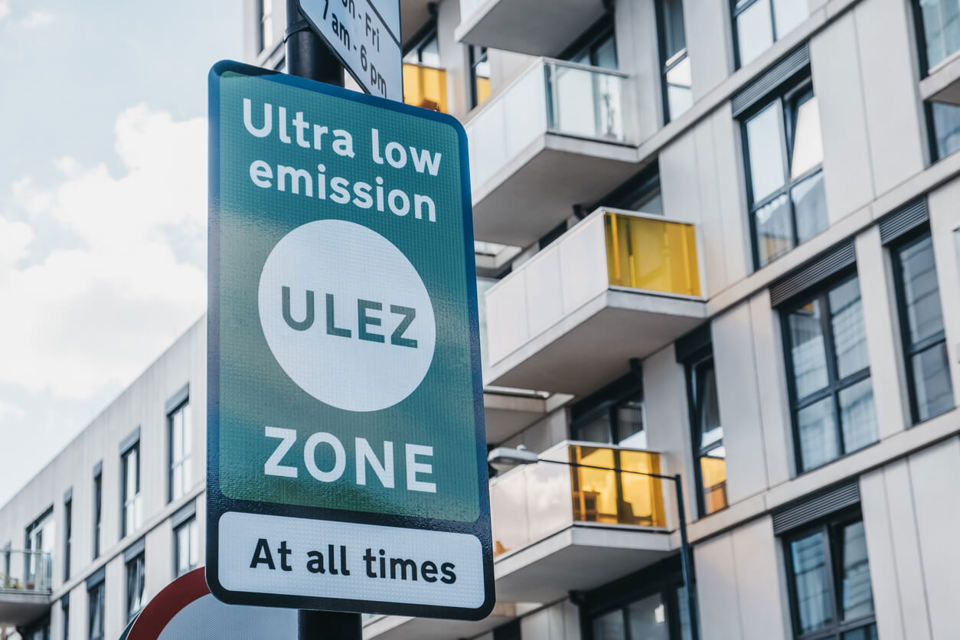



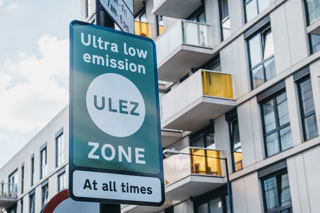
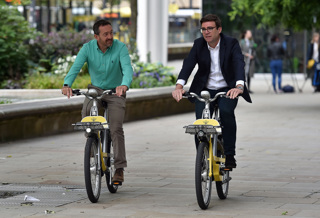
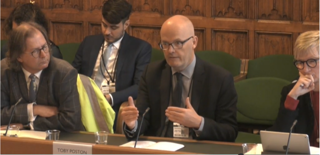
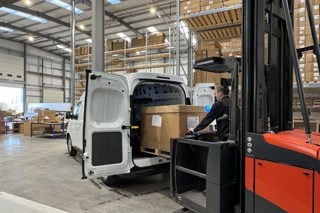













Login to comment
Comments
No comments have been made yet.